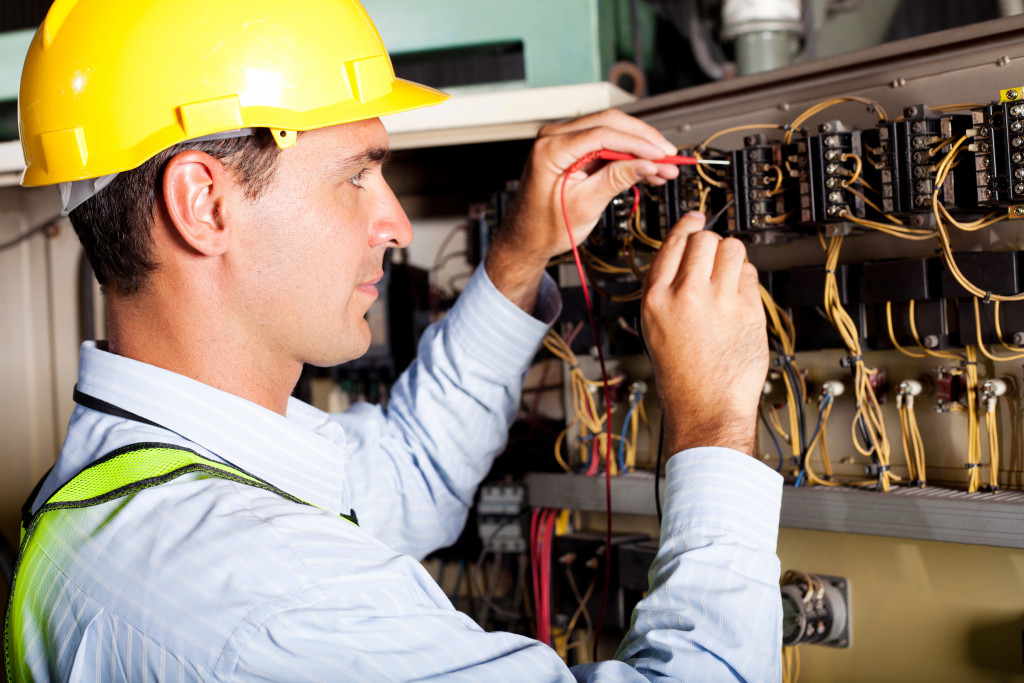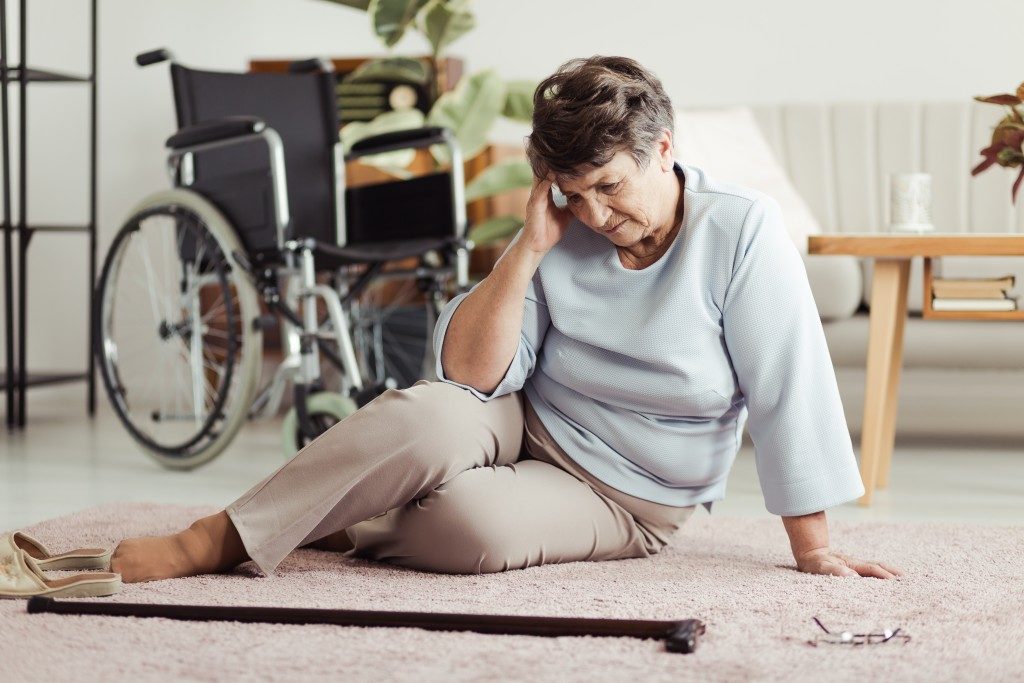Winter is just a few months away and the threat of another major blackout is on the horizon. The Texas Freeze on February 2021 left hundreds of people dead — and millions more without electricity and water. While there’s little you can do to change the climate, you can make changes to your home to minimize its impact and make it safer for your family.
Insulate
A house can become a veritable freezer without insulation. Temperatures dropped to below freezing in Texas last winter — with Dallas experiencing lows of -2 °F. Insulated homes provided better protection, with most deaths limited to older and less insulated houses. Insulation alone can keep your home at a tolerable 60 °F even if outside temperatures drop below 32 °F.
Heat transfer from cold and snow primarily occurs through the roof. Insulation in the ceiling and attic can prevent 30-50 percent of a home’s heat loss, allowing it to stay warm for longer periods with minimal heating.
Windows and doors account for 15-25 percent of a house’s heat loss. Keeping them closed and weatherproofing can minimize heat loss. Weatherstrips and insulated window films can cut heat loss by 60 percent, and heavy drapes can take care of the rest. Aside from keeping your house warm, insulation can also cut your home’s power consumption by 30 percent. You should get back the $1,000-$3,000 you spend on insulation in 3-5 years through savings on your gas and electricity bills.
Gather Supplies

Water disruptions during the winter freeze affected more than 12 million residents — with more than 200,000 residents left without drinking water. Pipes froze and burst under the onslaught of the cold, and even homes with running water were advised to boil water before drinking it. Food and grocery items became scarce as most stores closed due to the power shortage. In ones that stayed open — bread, milk, and eggs were swept off the shelves due to panic buying.
Getting to stores became a problem by itself because of frozen roads and limited visibility. Of course, you don’t need to worry about food in water if you maintain an adequate supply in your home. Emergency water (the kind you purchase in stores and not the regular bottled ones) can last up to 5 years or you can just store normal water and boil it afterward.
Freeze-dried food supplies can last up to 25 years. Add a few fire extinguishers to your list. Fires can break out if you’re using candles or lighting fires to keep things warm.
Power Up
Maintain power in your home with a generator or an independent solar power system. While solar power pays for itself in 6-10 years in Texas, adding batteries can cost an extra $6,000-$10,000. Solar panels work better in the cold, so you’ll only need to shake off some snow from the roof to have them working.
A generator can cost around $1000-$6,000. More expensive ones for the whole house can cost upwards of $10,000. Just make sure you have enough gasoline and diesel for 3-4 days, as well as proper storage spaces.
Prioritize Heating
If you have children or seniors in the home, it is essential to have adequate heating. Hypothermia accounted for most deaths during the freeze — however, carbon monoxide poisoning was a close second. Snow can clog up chimneys and improper ventilation can be more dangerous than the cold. HVAC systems can also fail at critical times, making homes less safe.
Companies that offer emergency home heating options are faster and more convenient than repair services for your HVAC systems. Emergency heating provides instant relief from the cold while repairing your HVAC can take days or weeks to complete.
Caring For Loved Ones
Seniors and people with disabilities are the most vulnerable during winter disasters. Mobility issues can limit movement and a single slip can leave seniors injured and vulnerable to the cold. Maintain contact with elderly or disabled family members during winter — especially when the weather starts leaning toward the extreme. Bring them over to your home or have an able-bodied relative tend to their needs.
Consider moving to warmer parts of the state, or even outside of it, if your senior relative relies on medical devices like ventilators, oxygen concentrators, or other devices that require electricity.
Freezing temperatures are getting more common due to climate change, and the next big freeze can be a few months away. Protect your family by making adequate preparations as well as planning for contingencies when things head south.




